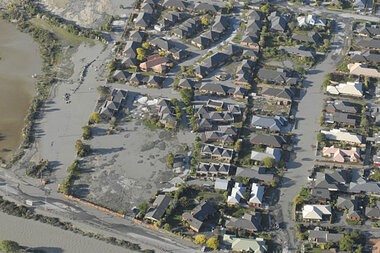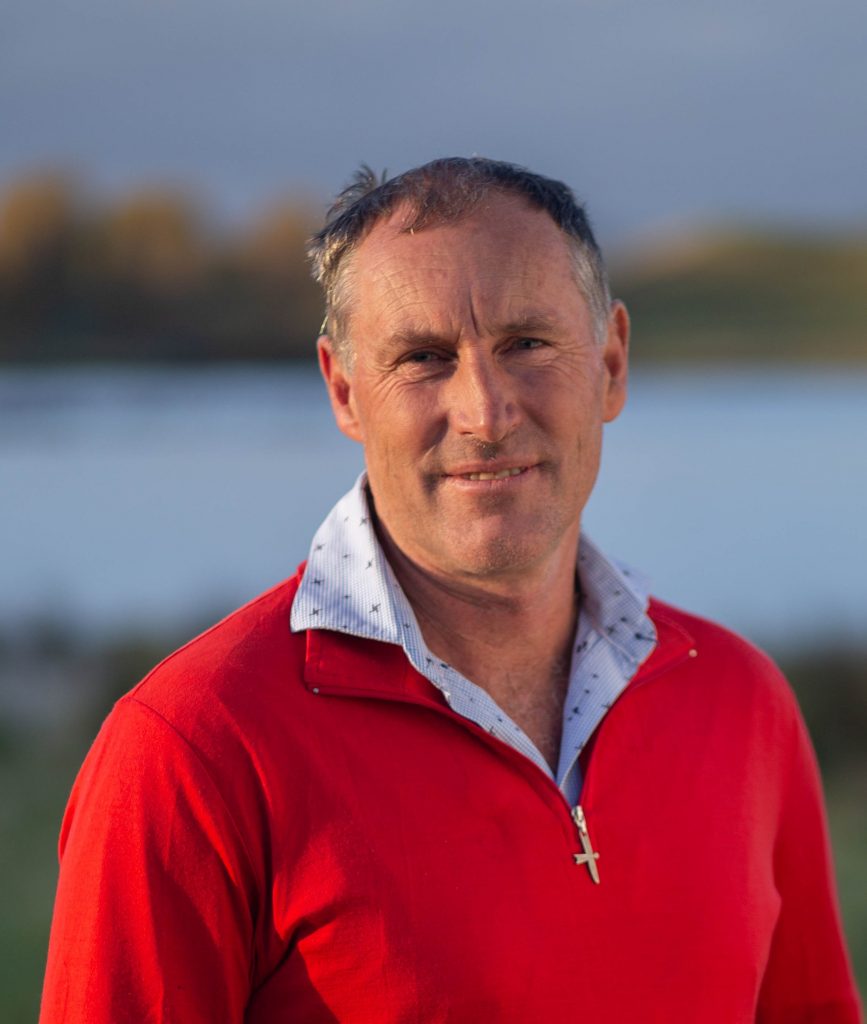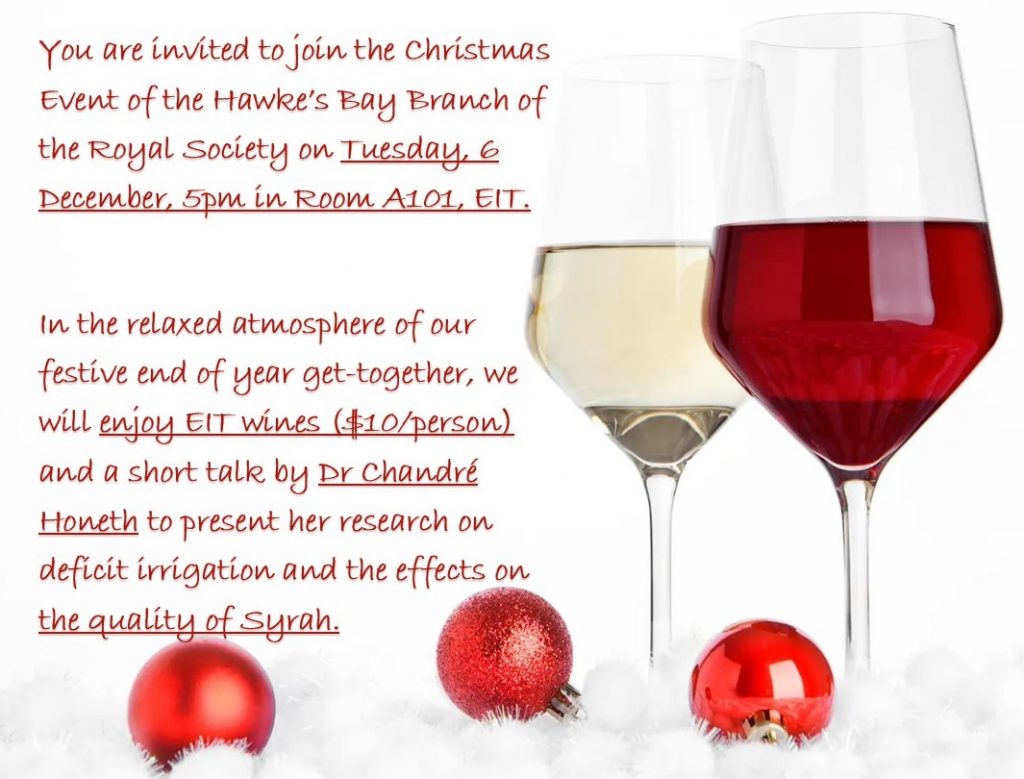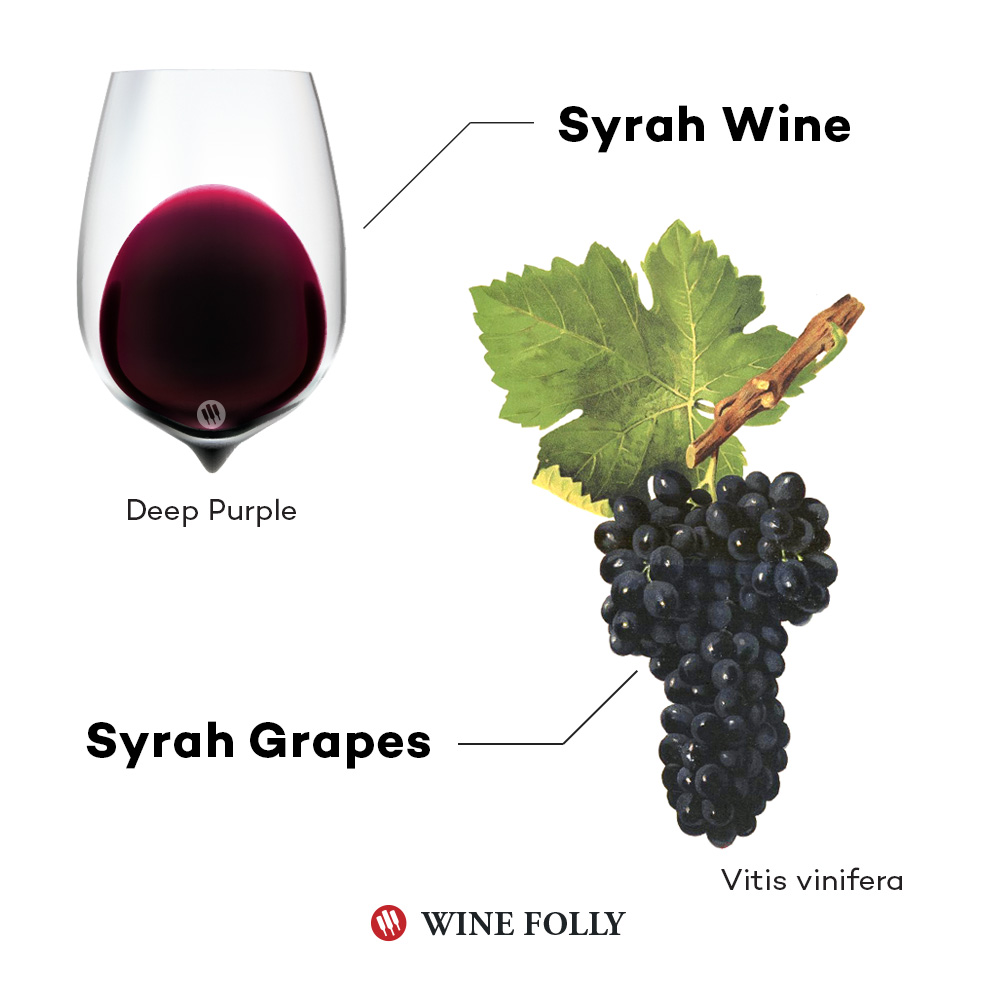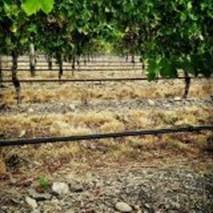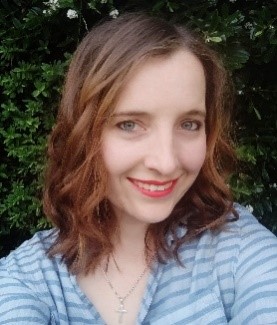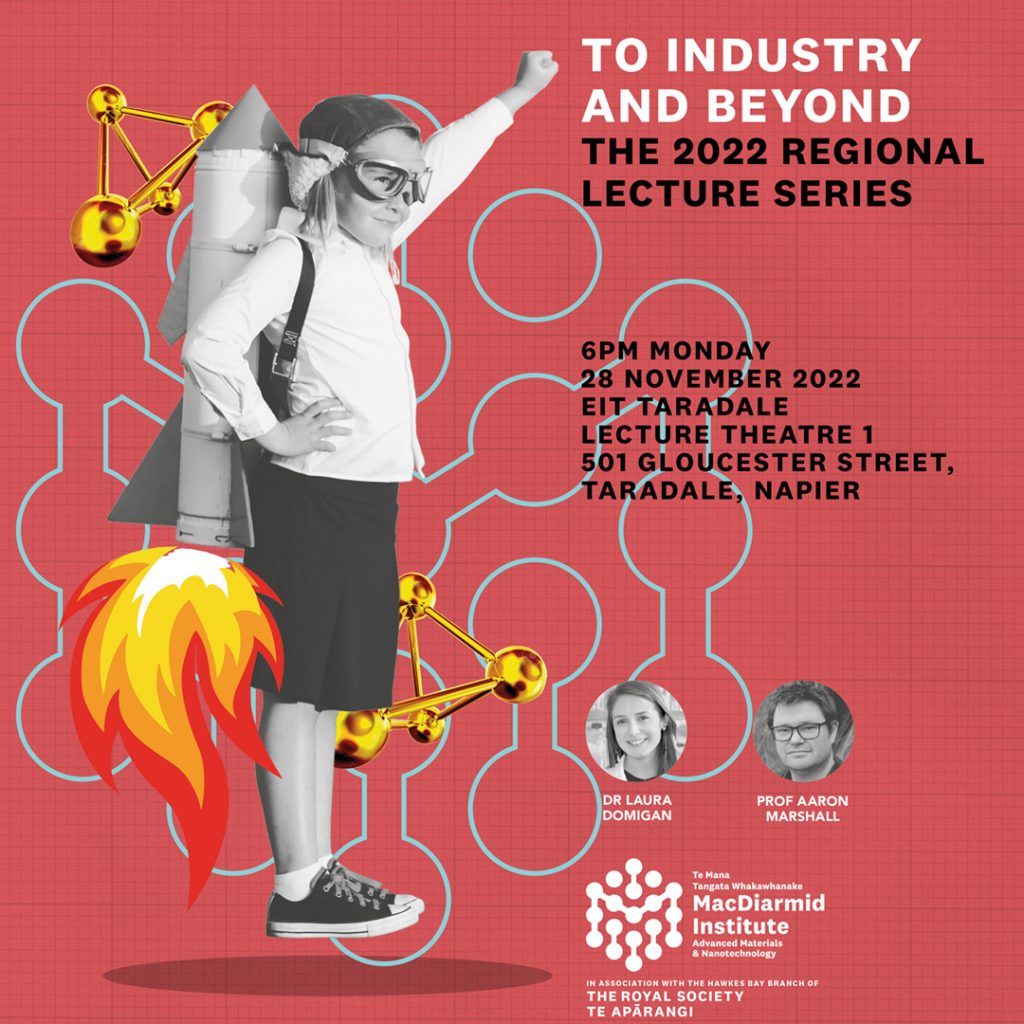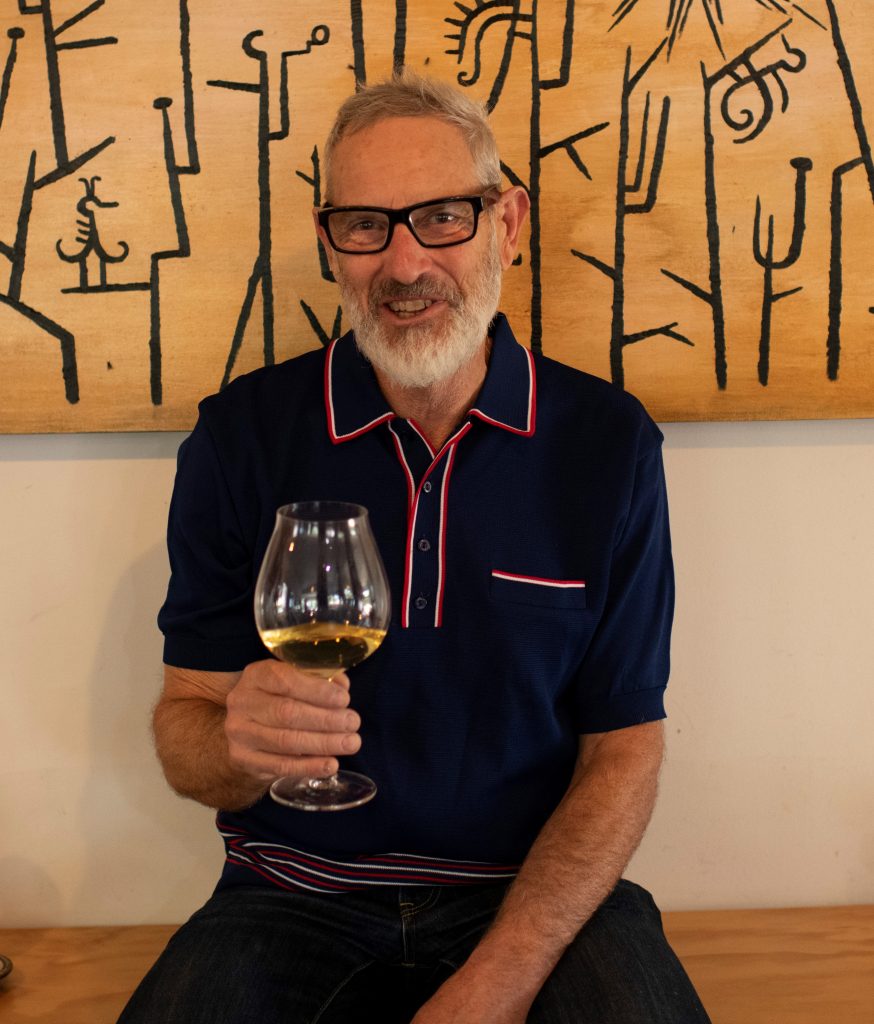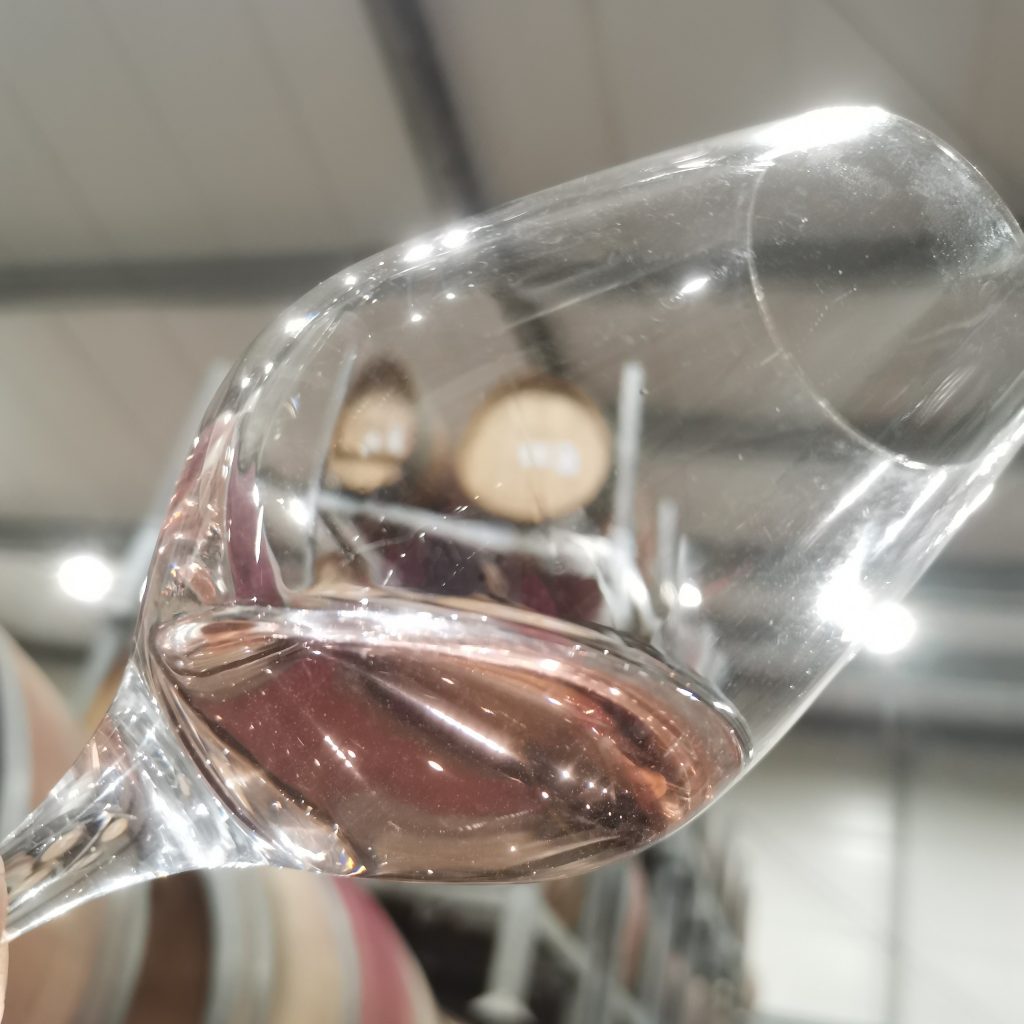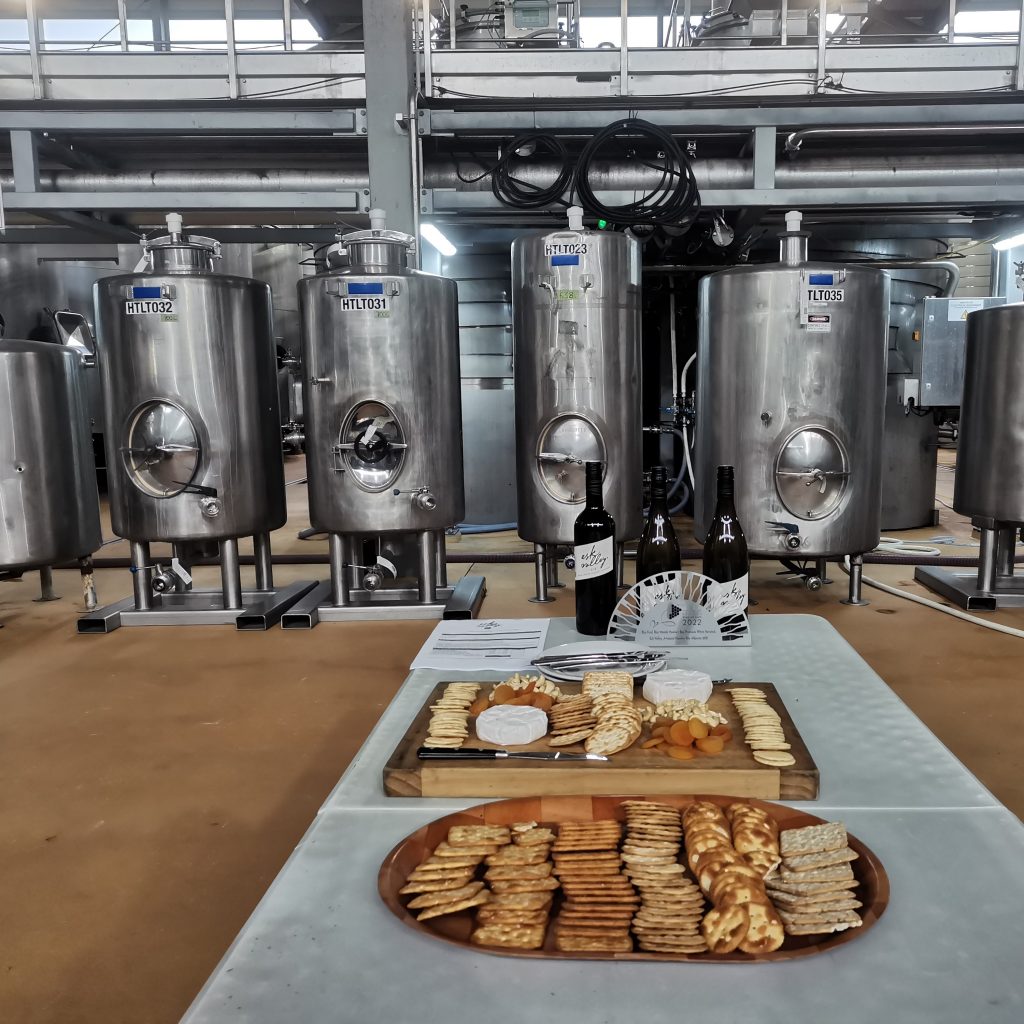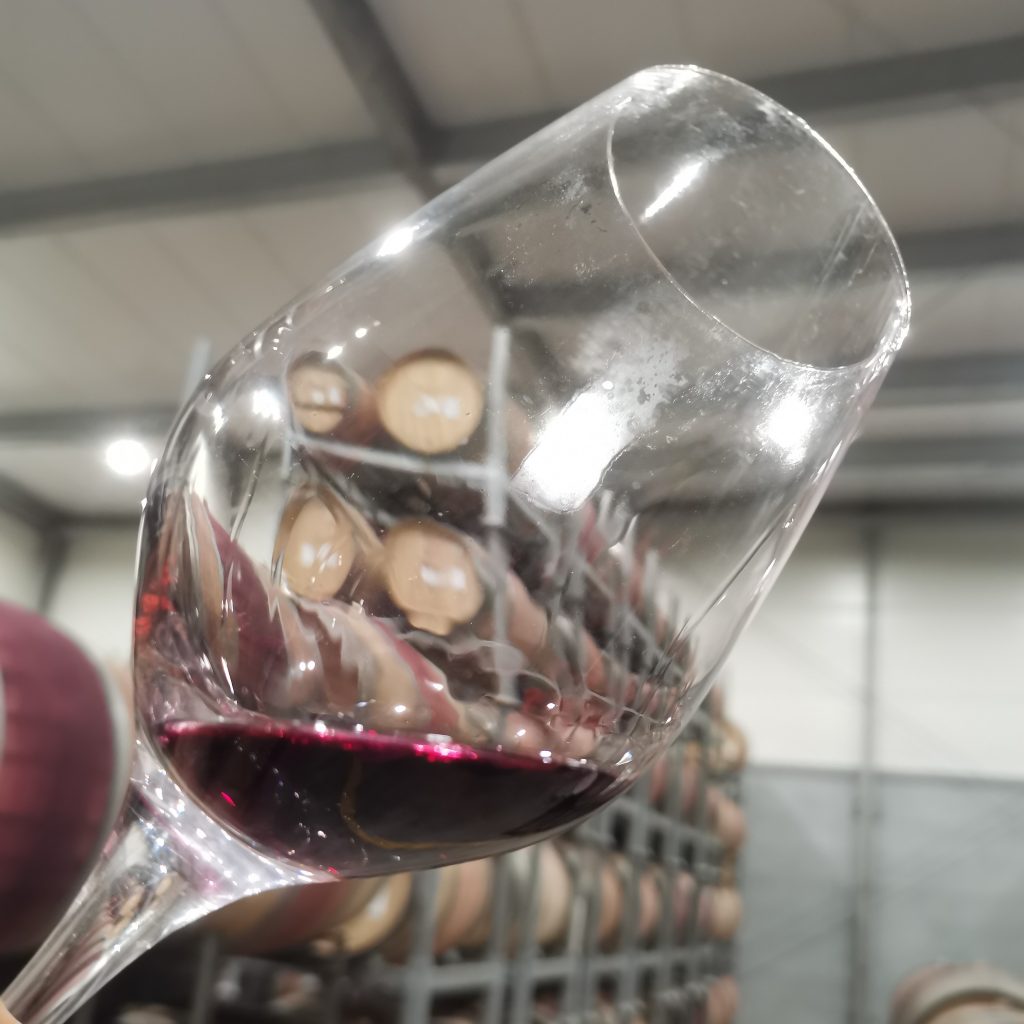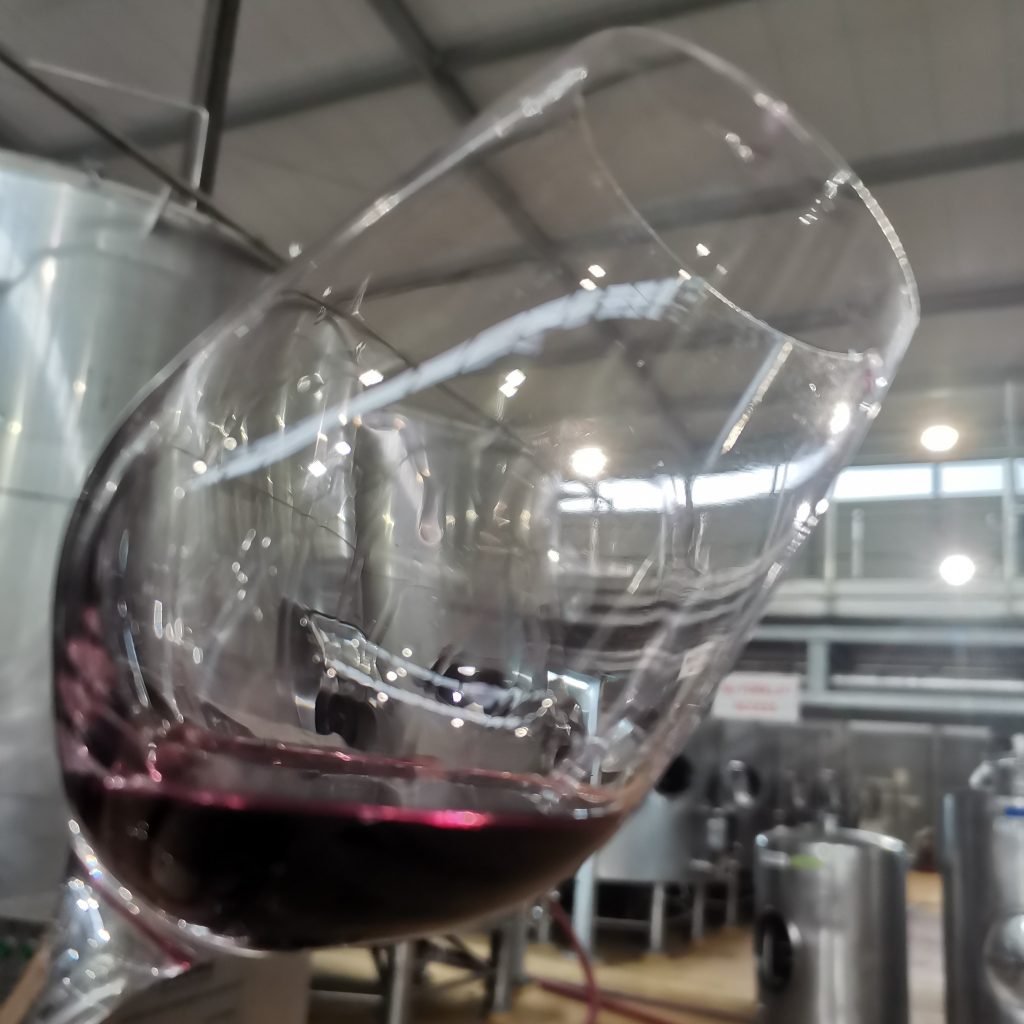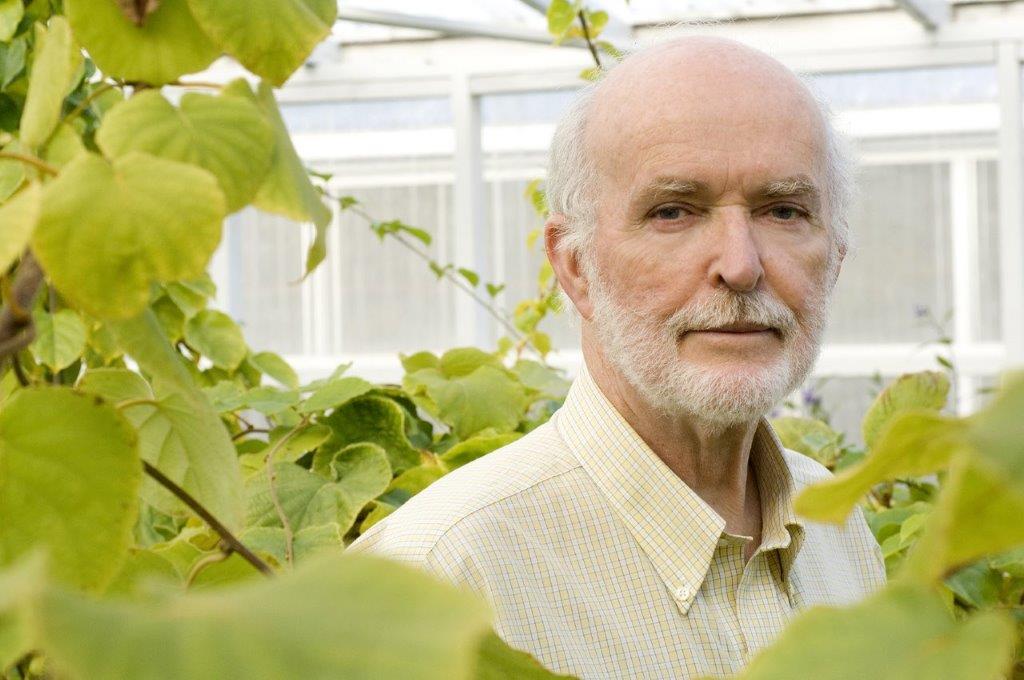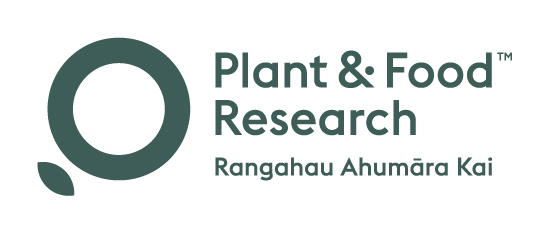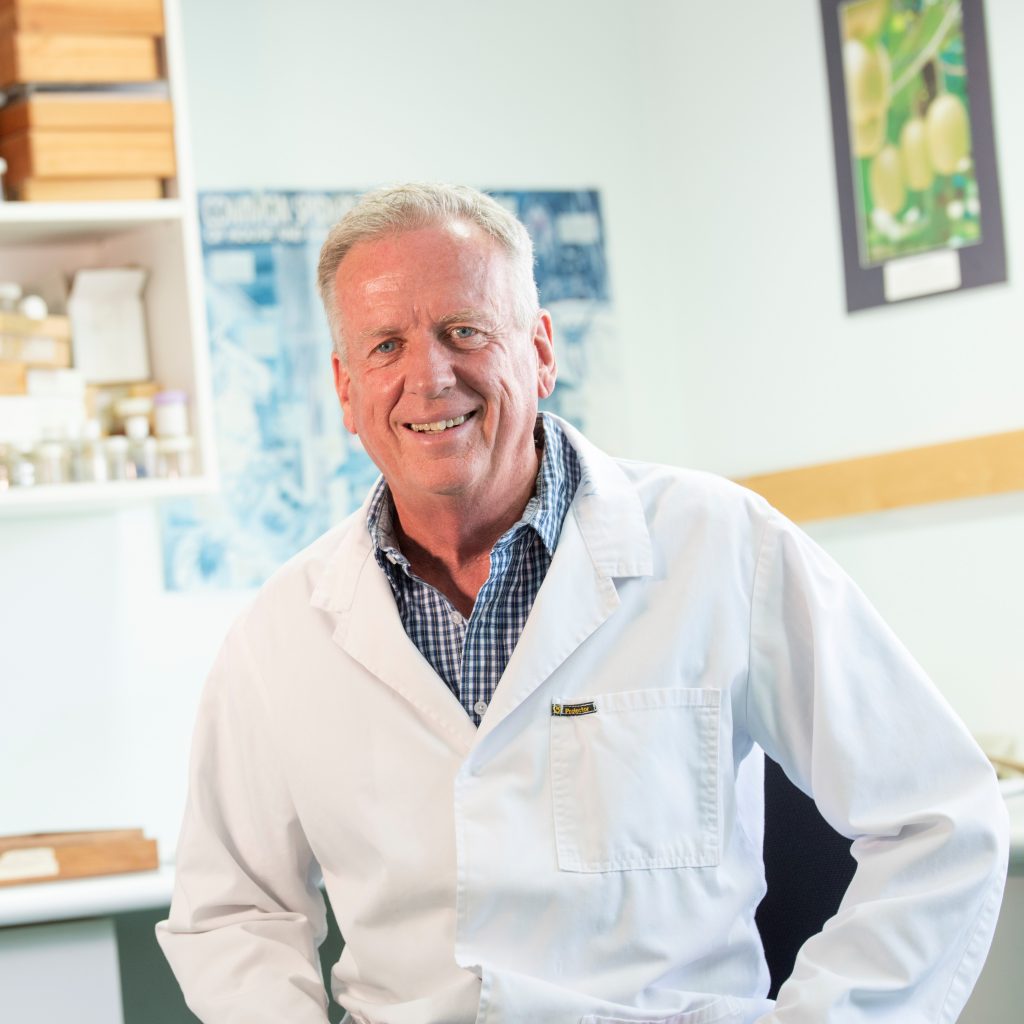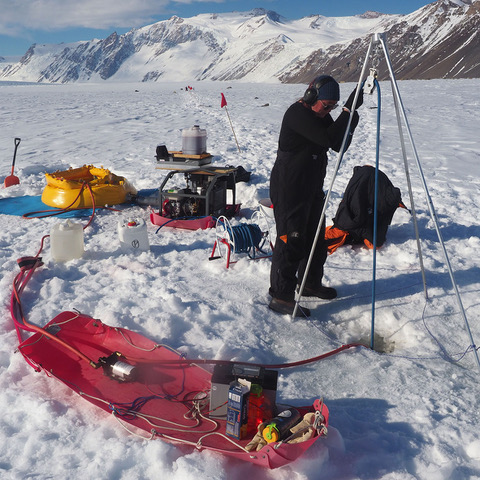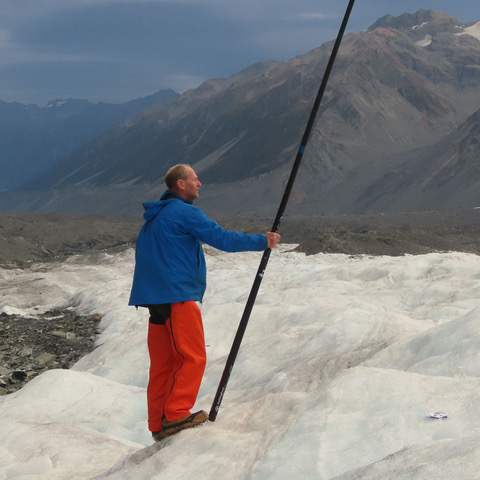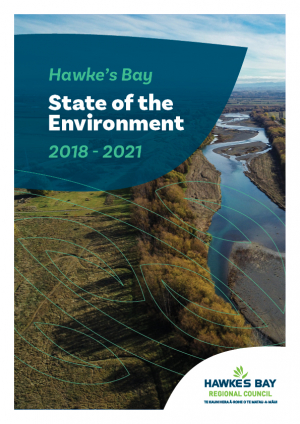Dr Adrian Gutteridge: an expert shark biologist, Marine Stewardship Council and member of the International Union for Conservation of Nature Shark Group
Date: 6pm, Tuesday 7 March 2023
Venue: The National Aquarium of New Zealand – 546 Marine Parade, Napier
Admission: Gold coin donation
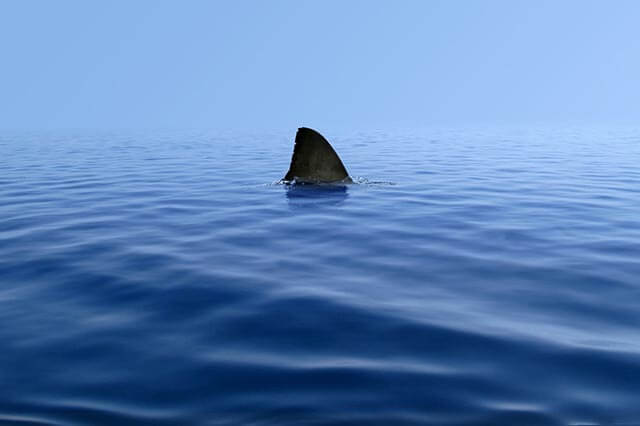
Join us for a lecture that will delve into the fascinating world of sharks. Having been on this planet for around 400 million years, sharks are a pin up of evolutionary success. They inhabit all the oceans of the world, from warm tropical mangroves to cold Arctic seas and include the world’s largest species of fish. In the natural world, their biological and ecological traits make them incredibly successful and their populations play a vital role in maintaining the balance of many marine ecosystems. However, in the face of ever increasing pressures, particularly from overfishing, their populations are under threat. Not all is lost though. Through targeted conservation efforts and seafood consumers making informed choices with their wallet, it is possible that the current global declines can be halted and reversed.

Dr Adrian Gutteridge’s relationship with sharks began when he was a self-professed “frothing little grommit”, terrified of sharks when surfing on the Sunshine Coast in Queensland, Australia. His terror turned to fascination, though, on a uni field trip on the Great Barrier Reef when he was snorkelling and a shark swam by. He was transfixed, absolutely forgot what he was meant to be doing and followed the shark until it swam off into the deep blue… and he’s not stopped since!
Adrian will join us by live video stream from Australia. For more information on Adrian and sharks, please see: https://www.msc.org/en-au/home/meet-the-wild-ones/shark-expert-dr-adrian-gutteridge

